
Jeddah, a bustling city on Saudi Arabia's west coast, is renowned for its vibrant shopping scene. From modern malls filled with international brands to traditional souks brimming with local crafts, the city offers a diverse shopping experience that appeals to all tastes. Whether you're looking for the latest fashion, unique souvenirs, or delicious local delicacies, Jeddah is a shopper's paradise.
Al Balad Market
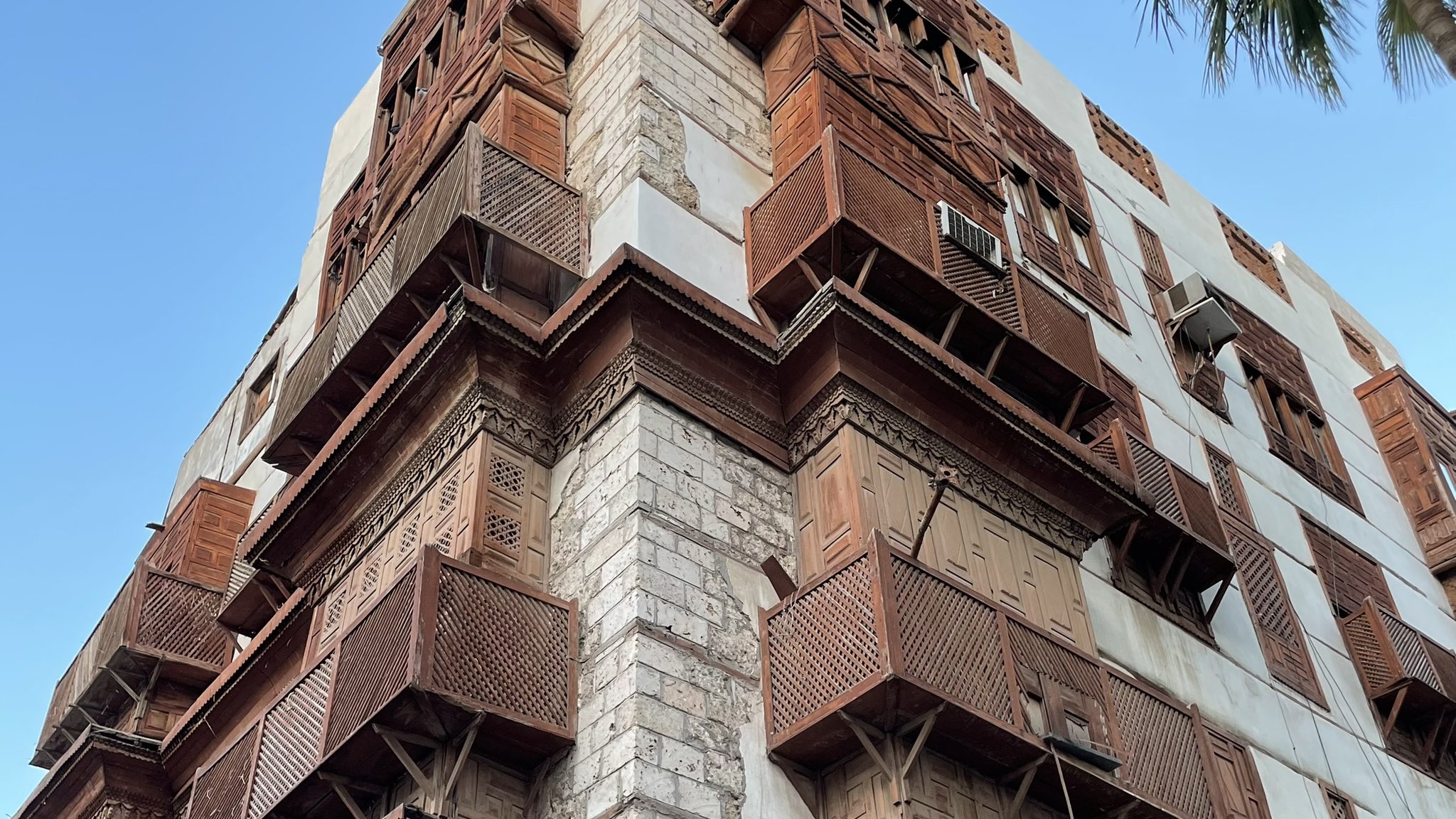
- Location: Al Balad, Jeddah, Saudi Arabia
- Opening Hours: Daily from 8:00 AM to 10:00 PM
Explore the UNESCO World Heritage site of Al Balad, a captivating area where historic homes have been transformed into vibrant art galleries and specialty cafes. As you wander through this ancient district, admire the stunning architecture featuring the iconic wooden Rawashins. Al Balad combines historical charm with modern conveniences, located just twenty minutes from top shopping centers, international restaurants, and the thrilling STC Formula 1 Saudi Grand Prix.
Al Khayyat Center
.jpg)
- Location: Near AlNuwat Roundabout, Prince Mohammed bin Abdul-Aziz Street, Jeddah, Saudi Arabia
- Opening Hours: Daily from 10:00 AM to 11:00 PM
Al Khayyat Center is a premier shopping destination located near the AlNuwat roundabout on Prince Mohammed bin Abdul-Aziz Street. Known for its collection of high-end fashion and luxury jewelry brands, it is conveniently situated just six minutes from the Ritz Carlton Hotel and seven minutes from Alhamra Cornish.
Shopping Experience
The center features two sections: one dedicated to prestigious global brands like Chanel, Gucci, and Prada, and another for jewelry enthusiasts with names such as Louis Vuitton and Dior. Footwear and handbag selections include Tod’s and Burberry.
Beauty and Wellness
For relaxation and pampering, visit the luxurious salon "Malda Al Khayyat," offering a variety of beauty services. Al Khayyat Center 2 also features renowned salons like "Jamalouki" and "Bouthaina," known for their exceptional service.
Culinary Offerings
Take a break at the cafes in Al Khayyat Center 2, which serve exquisite coffee. Notable spots include Sculpture Cafe for its French toast and flat white, and Caffeine Lab, which offers high-quality coffee beans. For a fine dining experience, consider reserving a table at Diora's for Mediterranean cuisine.
Local Boutiques
Discover unique local boutiques, including "Amani Al Habshi - Memen" for stylish Abayas and “AG Ain Ghain” for watches and sunglasses. Concept stores like Makeen enhance the shopping experience with curated selections.
Jeddah Boulevard
.jpg)
- Location: Al Shati District, Jeddah, Saudi Arabia
- Opening Hours: Daily from 10:00 AM to 12:00 AM
Jeddah Boulevard offers a luxurious blend of shopping, dining, and relaxation, all set against a backdrop of beautiful fountains—perfect for family outings.
Elegant Atmosphere
Since its opening in 2015, Jeddah Boulevard has become a bustling hub for luxury shopping and gourmet dining. This modern venue showcases a wide range of high-end brands and celebrated cafes.
Fashion Highlights
Fashion lovers will find iconic brands such as Prada, Gucci, and Balenciaga, alongside exclusive offerings from Dolce & Gabbana and Jimmy Choo.
Dining Experiences
The Boulevard is home to various international restaurants with both indoor and outdoor seating. Enjoy authentic Lebanese cuisine at Karam Beirut or indulge in Asian dishes at Novikov and Baco.
Coffee Shops
A variety of cafes throughout Jeddah Boulevard provide quality coffee and pastries. Dots Donut is especially popular for its fresh donuts and unique toppings.
Jeddah Park.jpg)
- Location: Al Shati District, Jeddah, Saudi Arabia
- Opening Hours: Daily from 10:00 AM to 11:00 PM
Jeddah Park features an expansive design with outdoor fountains and spacious interiors, offering luxury shopping, cozy cafes, a cinema, and a diverse food court, making it ideal for families.
Shopping Variety
This destination hosts a wide array of international brands, including Tommy Hilfiger and Zara. Visitors can also explore beauty shops like L’Occitane and Inglot.
Family Entertainment

Children can enjoy attractions like “Octo City,” with live shows and interactive play. “Strike 10” offers bowling and other fun activities.
Dining Options
After shopping, dine at the acclaimed “C house Milano” or grab a quick bite from popular fast-food chains. Numerous cafes provide a cozy atmosphere, including “Paul” and “Candy Tree Cafe” for local desserts.
Cultural Experience
Visit the House of Islamic Arts, showcasing over 1,000 art pieces from various cultures, marking it as the first of its kind in Saudi Arabia.
Le Prestige Mall
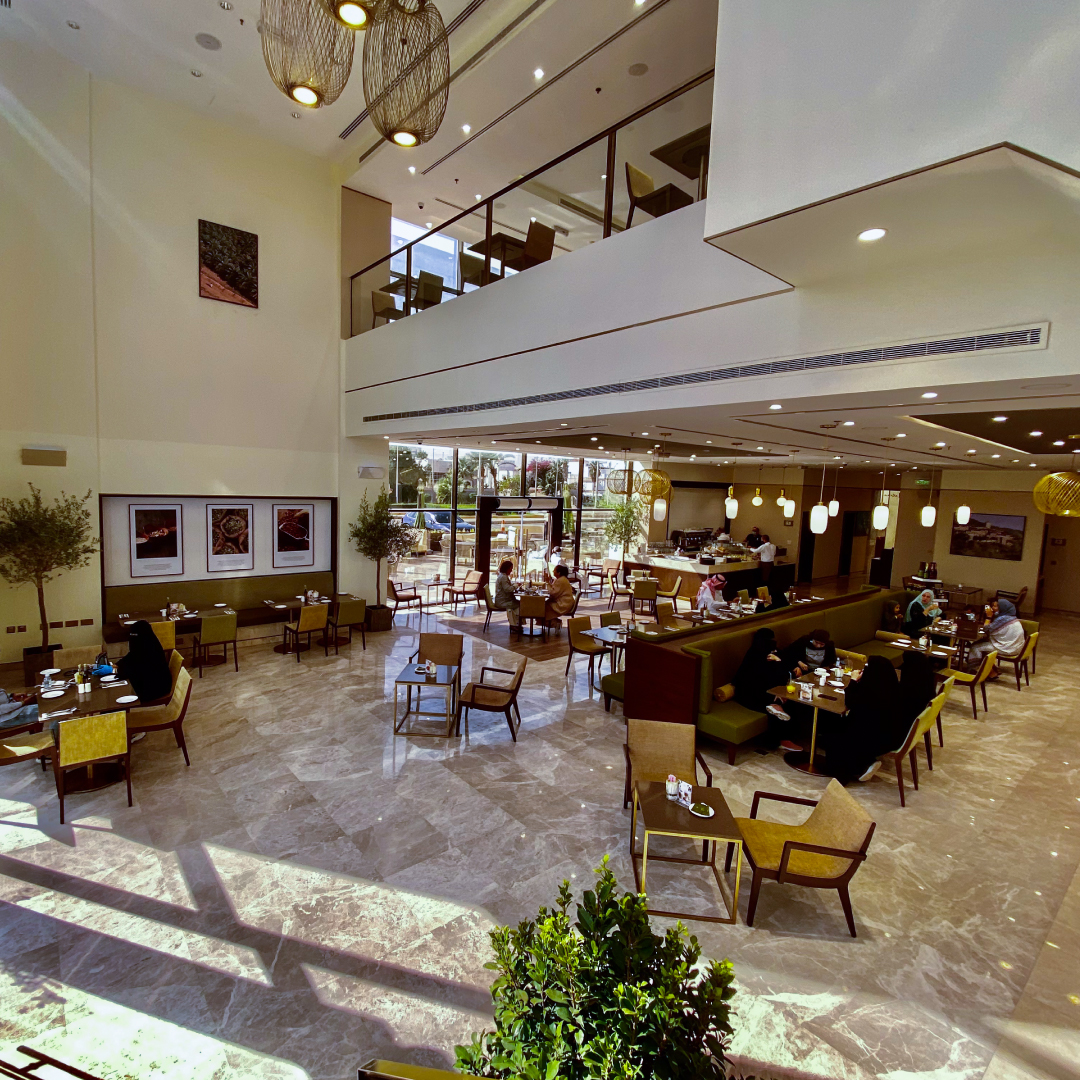
- Location: Al Shati District, King Abdul Aziz Branch Road, Jeddah, Saudi Arabia
- Opening Hours: Daily from 9:00 AM to 11:00 PM
Le Prestige Mall is a luxurious shopping destination featuring stunning architecture and spacious interiors, perfect for leisurely strolls, coffee breaks, and fine dining.
Strategic Location
The mall is located in the Al Shati district along King Abdul Aziz branch road, and operates daily from 9:00 AM to 11:00 PM, showcasing its elegant design with glass domes and marble floors.
Dining Diversity
Visitors can enjoy a variety of international cuisines, including Brazilian dishes at Brasa de Brasil and Italian fare at L'Antica Pizzeria Da Michele. The mall also offers tropical dining experiences at Pongo Restaurant.
Cafe Offerings
Le Prestige Mall features several cafes, including Urth Café and Esquires, which provide a comfortable atmosphere for enjoying coffee and desserts.
Retail Variety
Shoppers can explore a wide range of stores, from gourmet chocolate shops like Jeff De Bruges to local oud and perfume retailers.
Mall of Arabia

- Location: Near King Abdulaziz International Airport, Jeddah, Saudi Arabia
- Opening Hours: Daily from 10:00 AM to 12:00 AM
Located just ten minutes from the airport, Mall of Arabia is a vast shopping destination featuring around 408 stores that cater to both international and local tastes.
Family-Friendly Environment
Spanning approximately 261,000 square meters, Mall of Arabia offers ample parking and various entertainment options, making it a popular choice for families.
Kid's Attractions
The mall features Kidzania, an indoor play village that encourages creativity through role-playing. Other attractions include Sparkies play zone and an exciting ice rink for kids.
Dining and Relaxation
A mix of international and local restaurants and cafes are available, with Grand Concerto providing an upscale atmosphere for coffee lovers and Smit Sarai offering delicious pastries.
Cinema Experience
Enjoy the unique Movi Cinema, showcasing both Saudi and international films in a state-of-the-art environment, complete with tasty popcorn and nachos.
Extensive Shopping Choices
With brands like Coach and Michael Kors, along with sportswear and children’s clothing, Mall of Arabia offers an extensive selection for every shopper.
Red Sea Mall
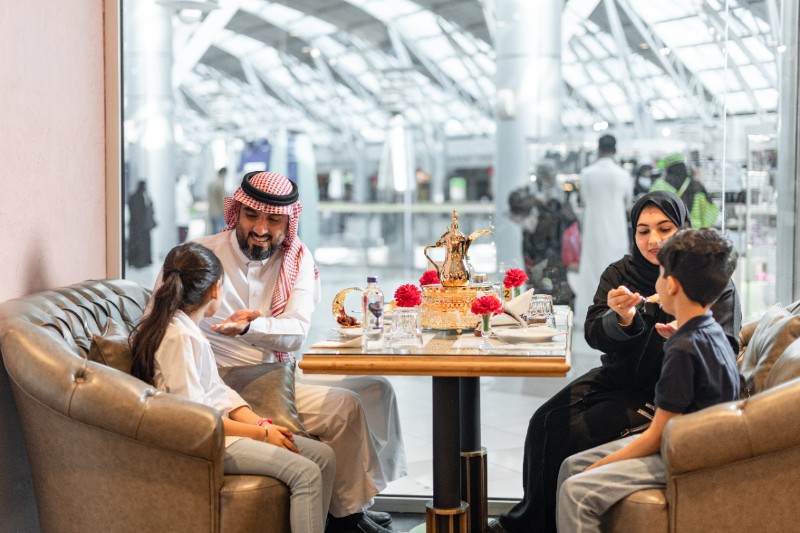
Red Sea Mall stands as a vibrant hub for families and friends, embodying a lively and joyful atmosphere. Spanning 242,000 square meters, it is one of the largest shopping centers on the western coast of Saudi Arabia, conveniently located by the waterfront in Jeddah.
Location:
Al-Muhammadiyyah, Jeddah 21512, Saudi Arabia
Opening Hours:
- Sunday to Wednesday: 9:00 AM – 11:00 PM
- Thursday to Saturday: 9:00 AM – 12:00 AM
Shopping Experience
Step into a world of fashion with over 600 stores at Red Sea Mall, where you can find the latest styles for men and women. This vast selection includes renowned international brands like Burberry, Beverly Hills Polo Club, and Polo Ralph Lauren. Beyond apparel, explore home decor at West Elm, featuring chic furnishings and accents. Health and beauty products are available at Virgin World, along with office supplies and electronics, ensuring every need is met.
The mall also showcases luxurious fragrance boutiques such as Paris Gallery and Joe Malone, offering exclusive scents, as well as must-have perfumes from Penhaligon's. For a refreshing makeover, the Henna salon is an excellent option.
Entertainment Options
Red Sea Mall is not just about shopping; it’s a complete entertainment experience. Enjoy thrilling films at Vox Cinema, featuring 3D IMAX technology for an immersive viewing experience. With a wide range of snacks available, from sweet and salty popcorn to fast food, your movie night is sure to be enjoyable.
Events and Activities
The event hall at Red Sea Mall is a vibrant venue for various activities and celebrations. From national events to corporate gatherings, the lively ambiance ensures that every visit is unforgettable, filled with excitement and engagement.
Dining Selection
With over 80 restaurants and cafes, dining options abound at Red Sea Mall. Whether you're craving Chinese, Japanese, or delicious Italian pizza, there’s something for everyone. Coffee lovers will find a plethora of premium options, while the delightful aromas from Paul’s French café evoke the charm of Paris. Indulge in Godiva chocolates for a sweet finish to your meal.
Luxurious Accommodation
Adjacent to the mall is Elaf Red Sea, a boutique hotel that combines elegance with convenience. This hotel offers easy access to the Jeddah Waterfront, the airport, and the city center, making it an ideal choice for business and leisure travelers. With a focus on privacy and luxury, Elaf Red Sea is ISO 9001 certified, ensuring top-notch hospitality.
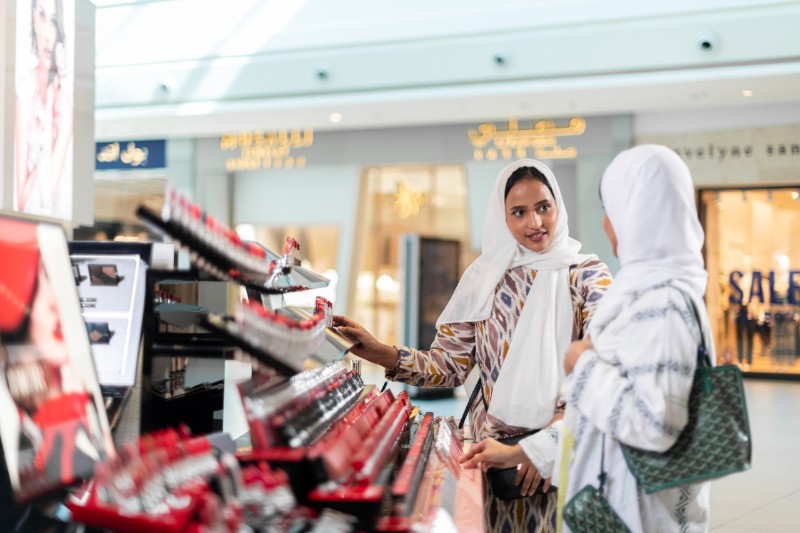
Family-Friendly Fun
Families can enjoy a variety of activities, from bowling and pool at the In10SO center—Saudi Arabia’s premier indoor karting venue—to thrilling virtual reality experiences at the Tech Zone. Kids can explore dedicated play areas like Sparkies and Adventura Arena, designed for ages one to eight, ensuring endless entertainment.
Souq Al Alawi
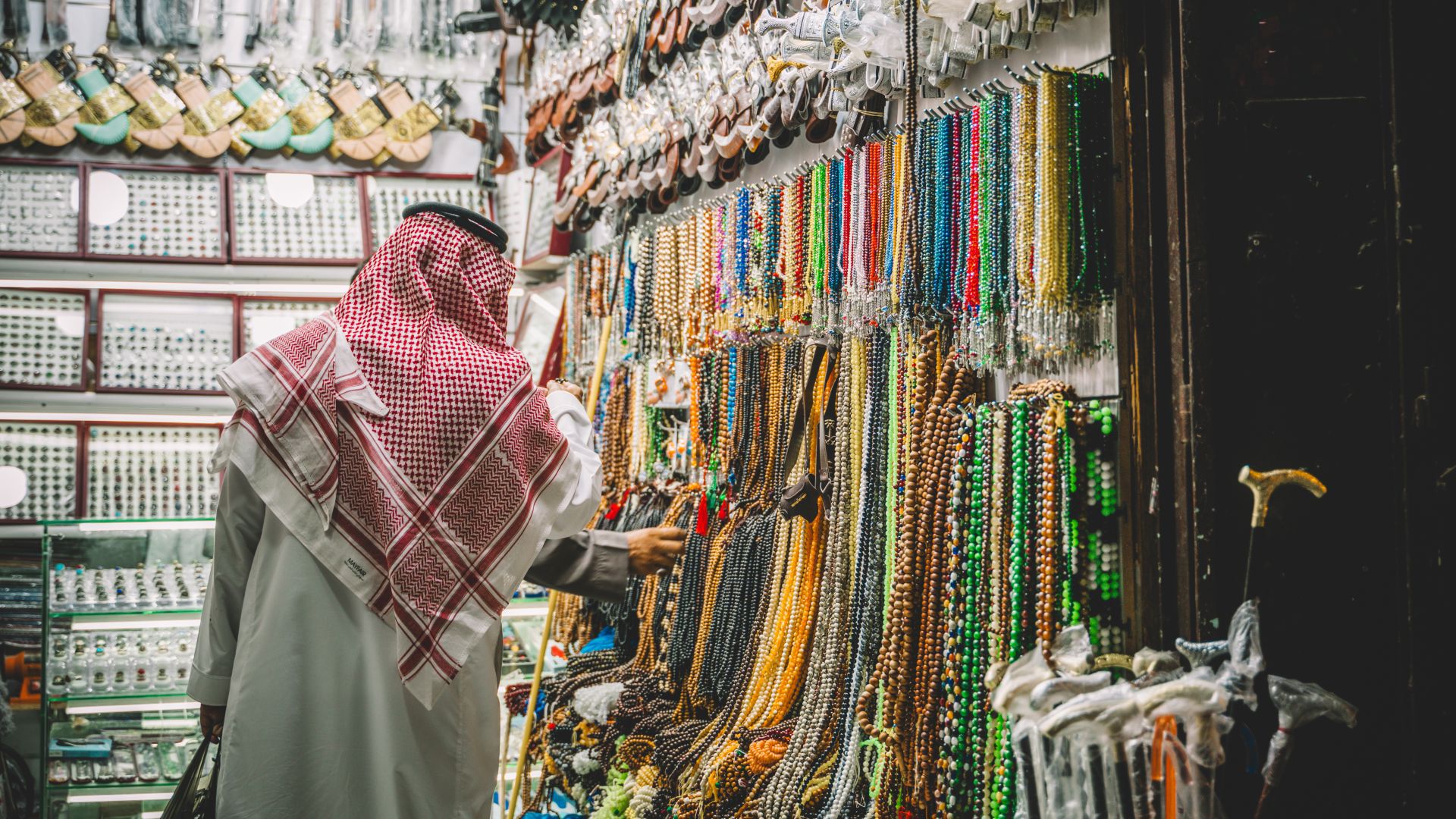
Dating back to 1716, Souq Al Alawi is one of the oldest and most vibrant markets in Historic Jeddah. Once a vital stop for pilgrims traveling to Makkah, this bustling open-air bazaar is filled with activity. Visitors can discover a variety of authentic Arabian jewelry, incense, traditional attire, spices, herbs, and remedies, making it a quintessential part of Jeddah's cultural landscape.
Location:
Historic Jeddah, Saudi Arabia
Opening Hours:
- Saturday to Thursday: 9:00 AM – 10:00 PM
- Friday: Closed
Souq Al Badu
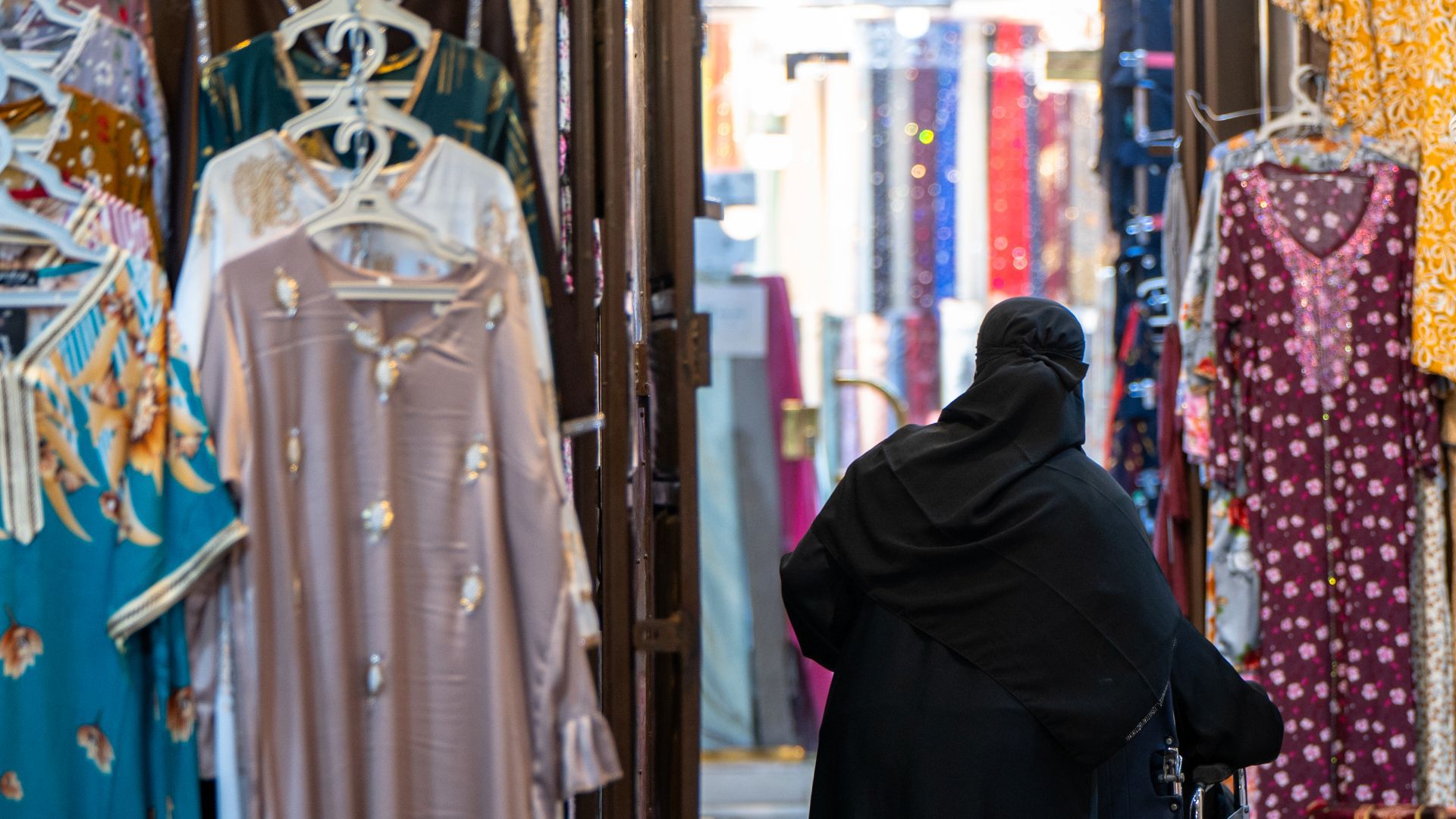
Just steps away from Bab Makkah, Souq Al Badu is an open-air market rich in tradition. The inviting scent of incense fills the air, and this souq has gained fame for its exquisite women’s clothing, fabrics, scarves, and traditional handicrafts.
Location:
Near Bab Makkah, Historic Jeddah, Saudi Arabia
Operating Hours:
- Saturday to Thursday: 9:00 AM – 10:00 PM
- Friday: Closed
Souq Al Jamei
.jpg)
Located near Al Shafi'i Mosque, Souq Al Jamei is a symbol of community and tradition. Particularly lively during Ramadan, it offers a unique assortment of fabrics, women’s clothing, and accessories. Its close proximity to Souq Al Badu makes it a bustling meeting point for traders and visitors, fostering a vibrant exchange of goods and stories.
Location:
Near Al Shafi'i Mosque, Historic Jeddah, Saudi Arabia
Opening Hours:
- Saturday to Thursday: 9:00 AM – 10:00 PM
- Friday: Closed
Souq Al Nada
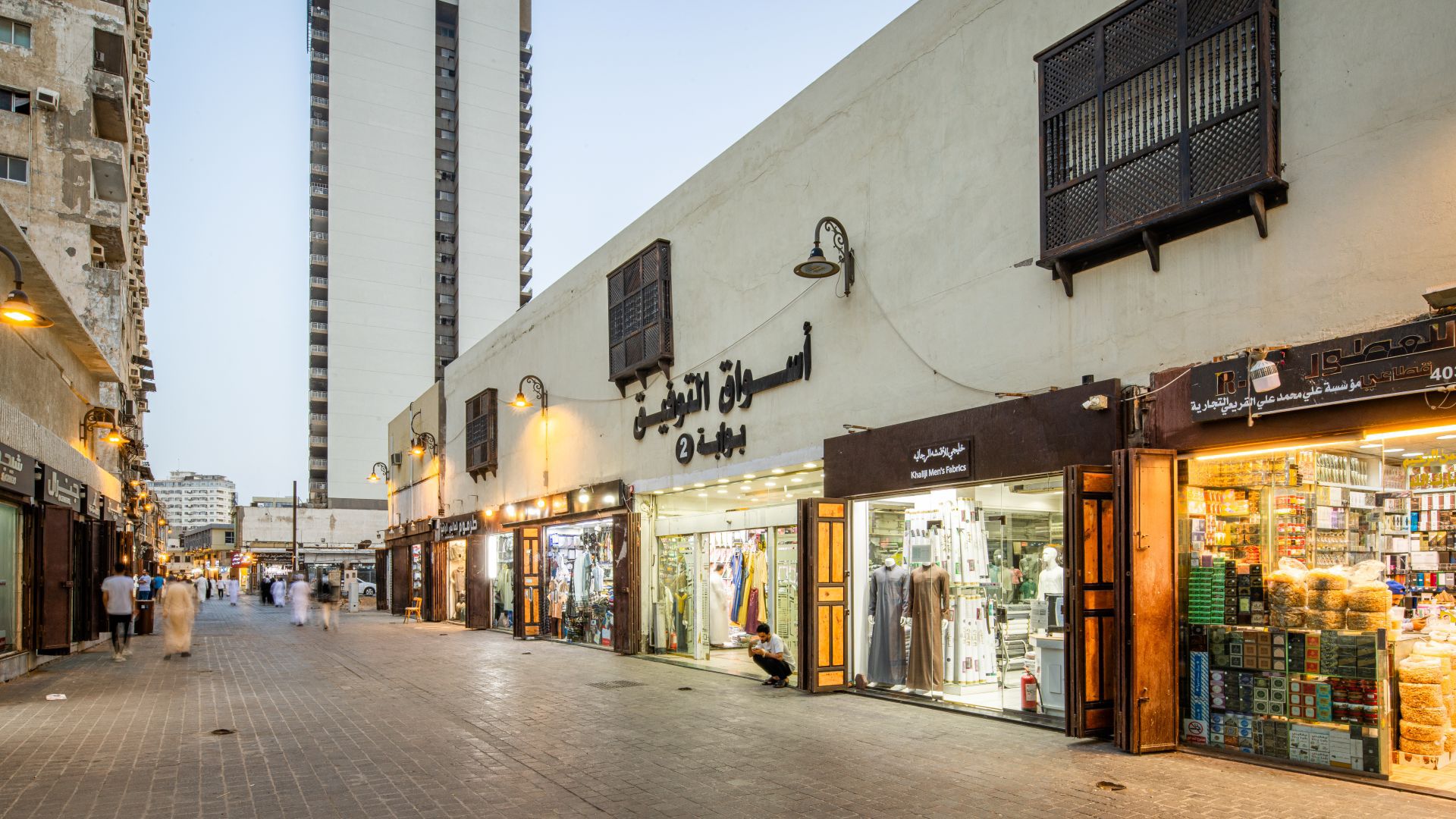
Souq Al Nada has long been a center for maritime trade and is celebrated in Arabic literature for its appeal. Today, the lively lanes are filled with shops offering local delicacies and custom tailoring, emphasizing its role as a vibrant symbol of Historic Jeddah's cultural and commercial heritage.
Location:
Historic Jeddah, Saudi Arabia
Opening Hours:
- Saturday to Thursday: 9:00 AM – 10:00 PM
- Friday: Closed
Souq Qabil
.jpg)
One of Jeddah’s oldest business districts, Souq Qabil dates back to the early 20th century. Known for its gold and currency exchange shops, it continues to thrive with traditional goods. Historic buildings constructed from coral stone stand as a testament to the district's rich cultural heritage.
Location:
Historic Jeddah, Saudi Arabia
Opening Hours:
- Saturday to Thursday: 9:00 AM – 10:00 PM
- Friday: Closed
In summary, Jeddah provides an exciting shopping landscape that combines contemporary retail with rich cultural heritage. With its variety of shopping venues, the city ensures an enjoyable experience for every visitor, making it a must-visit destination for anyone looking to explore the best of Saudi Arabian commerce and culture.





.jpg)
.jpg)



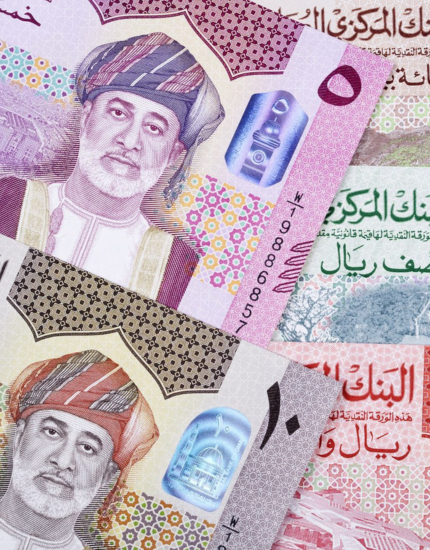

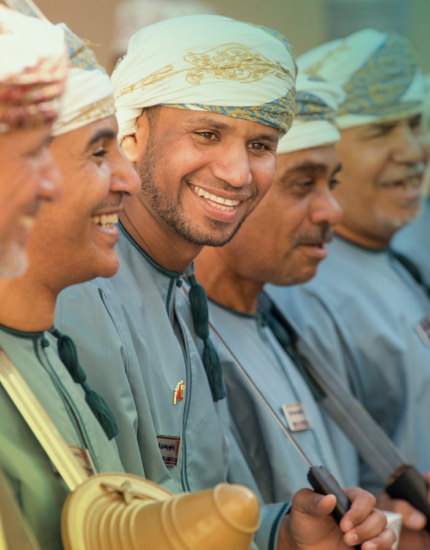

.jpg)

.jpg)
.jpg)




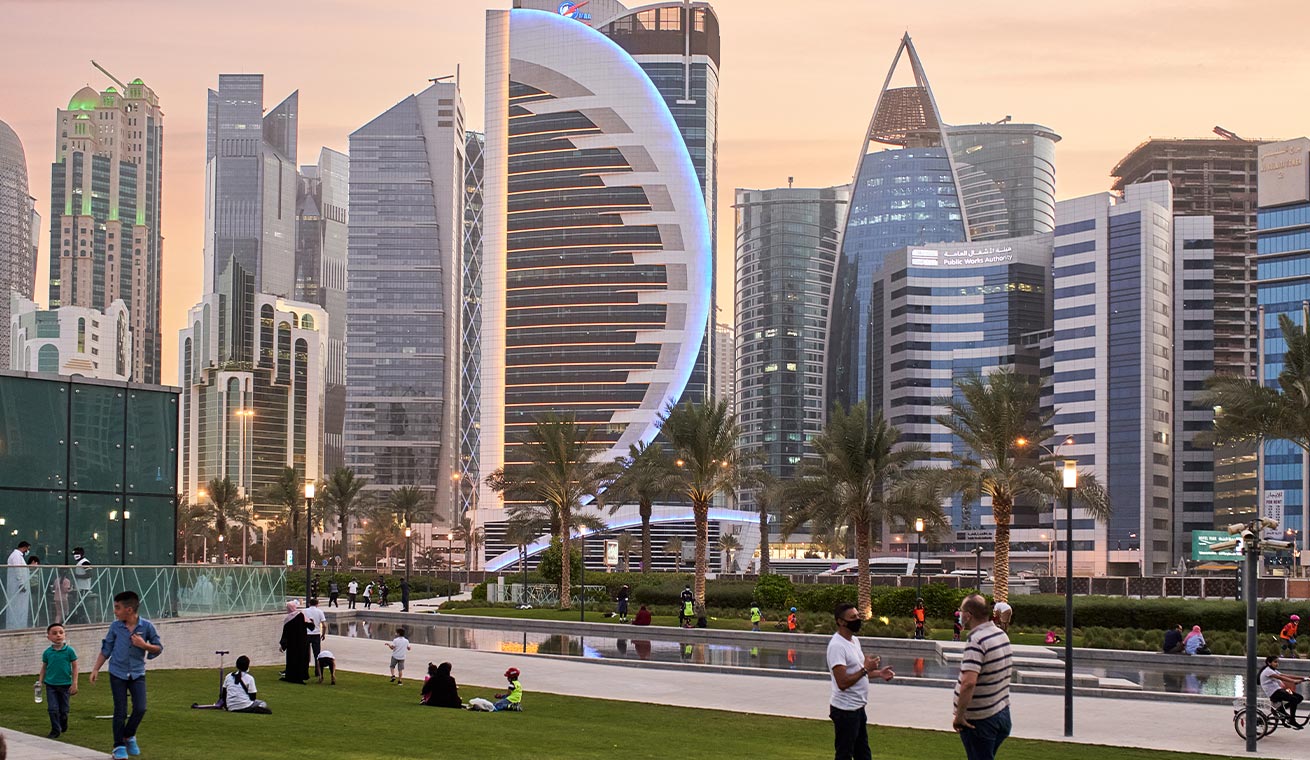
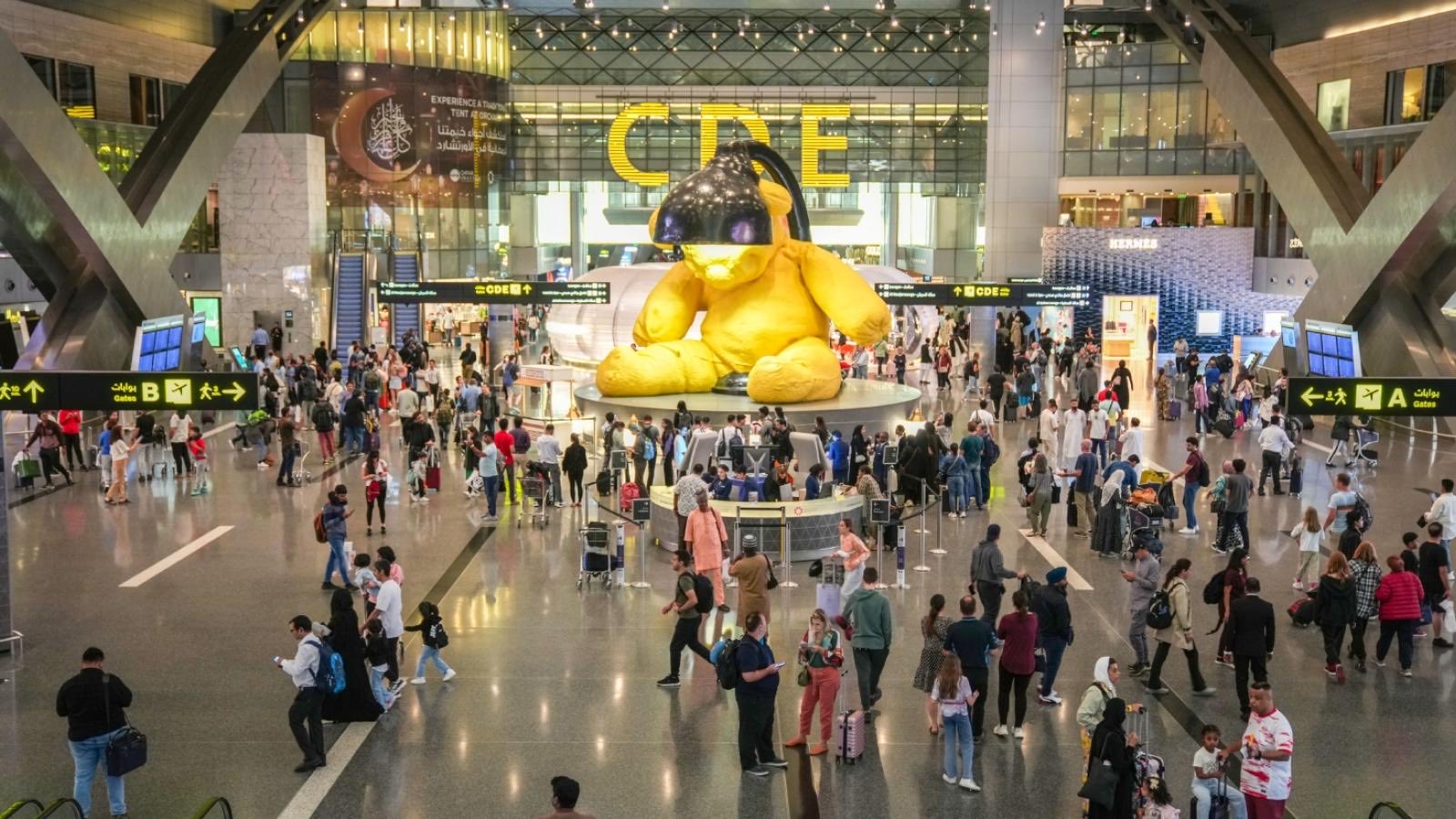
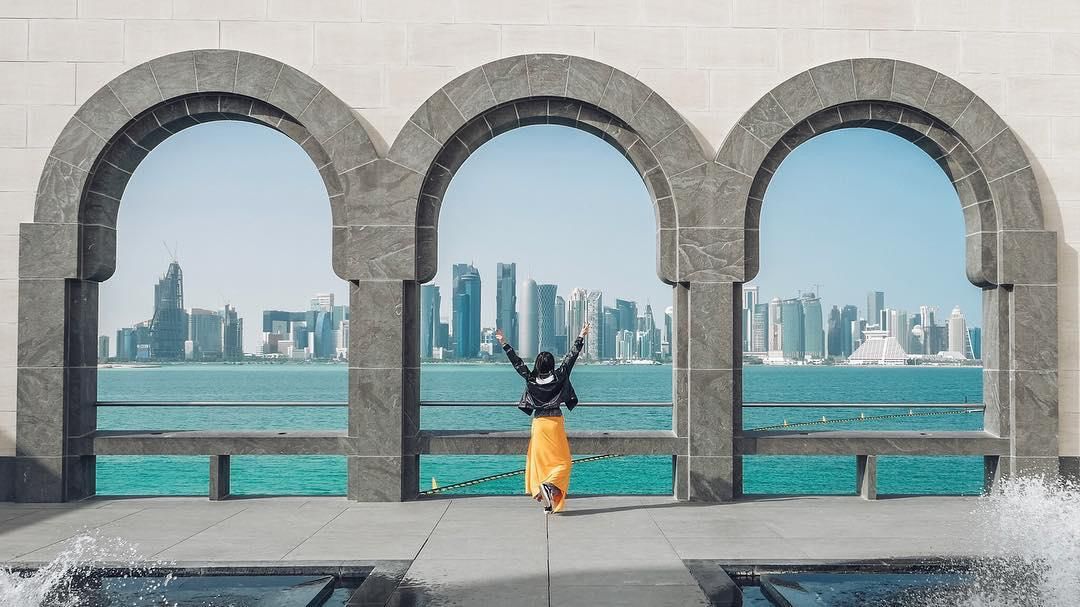

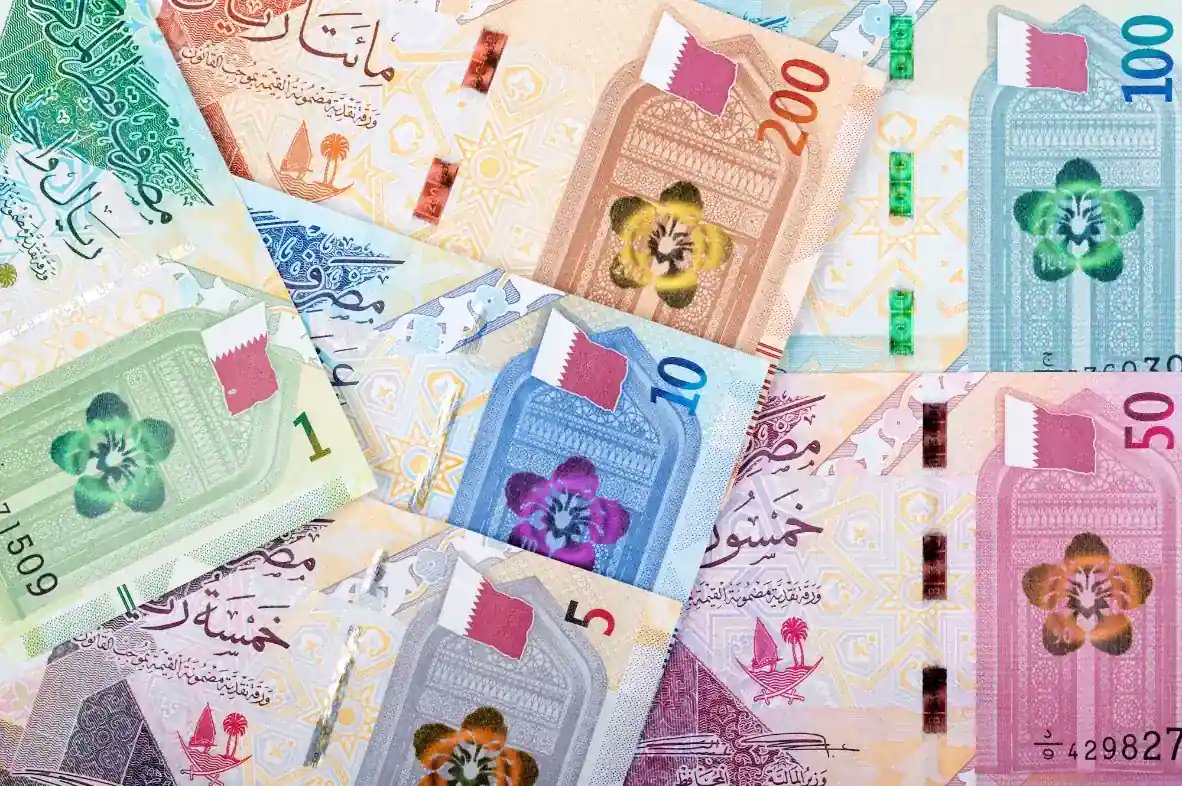
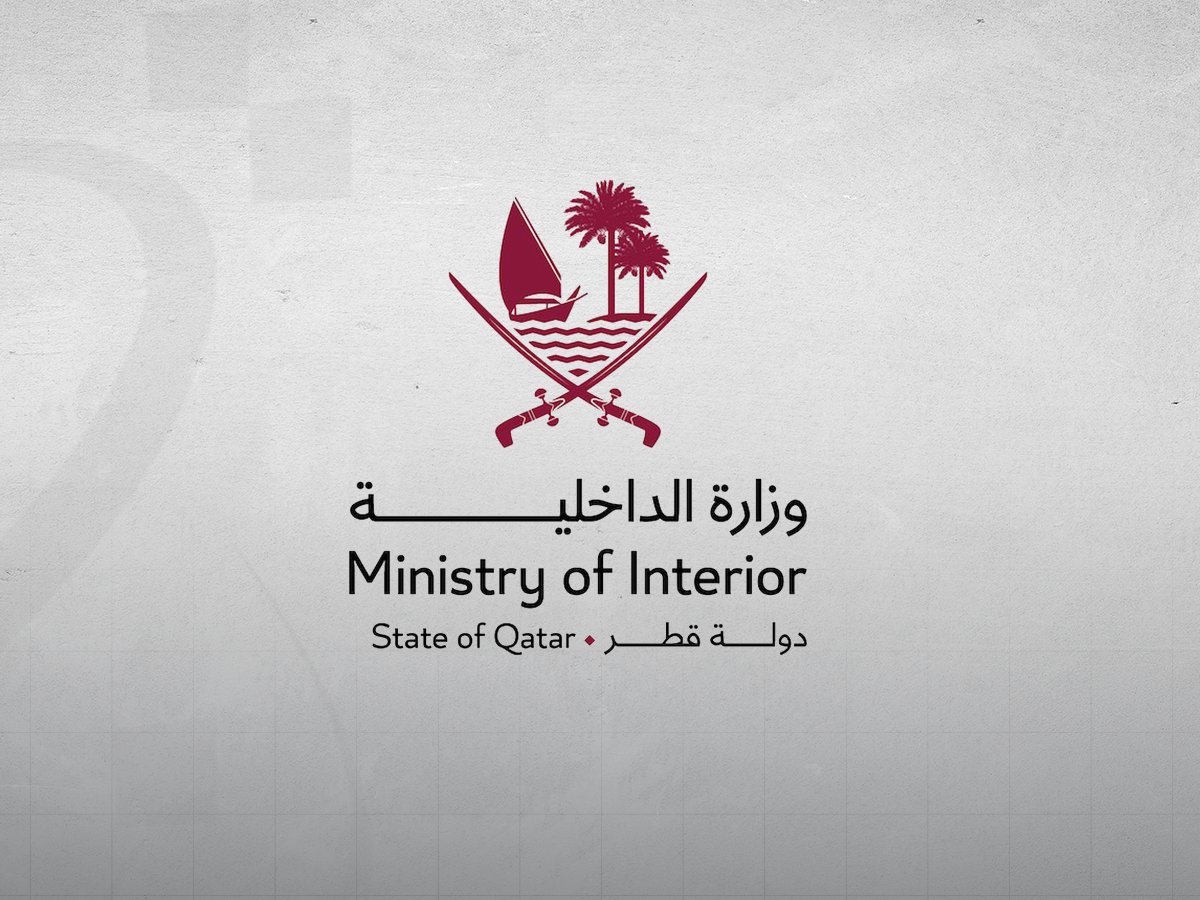
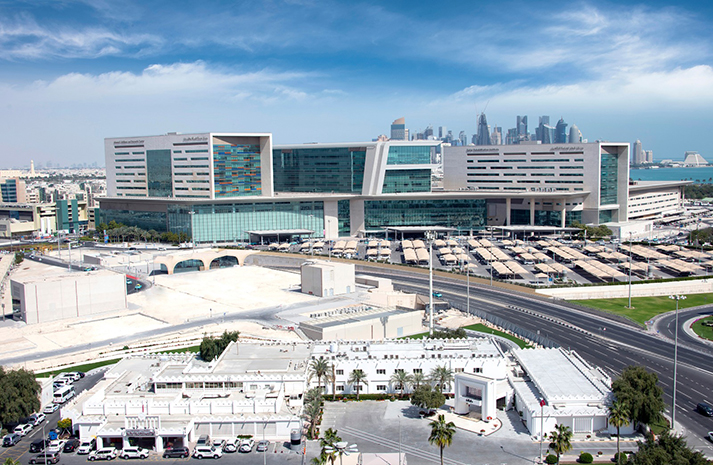
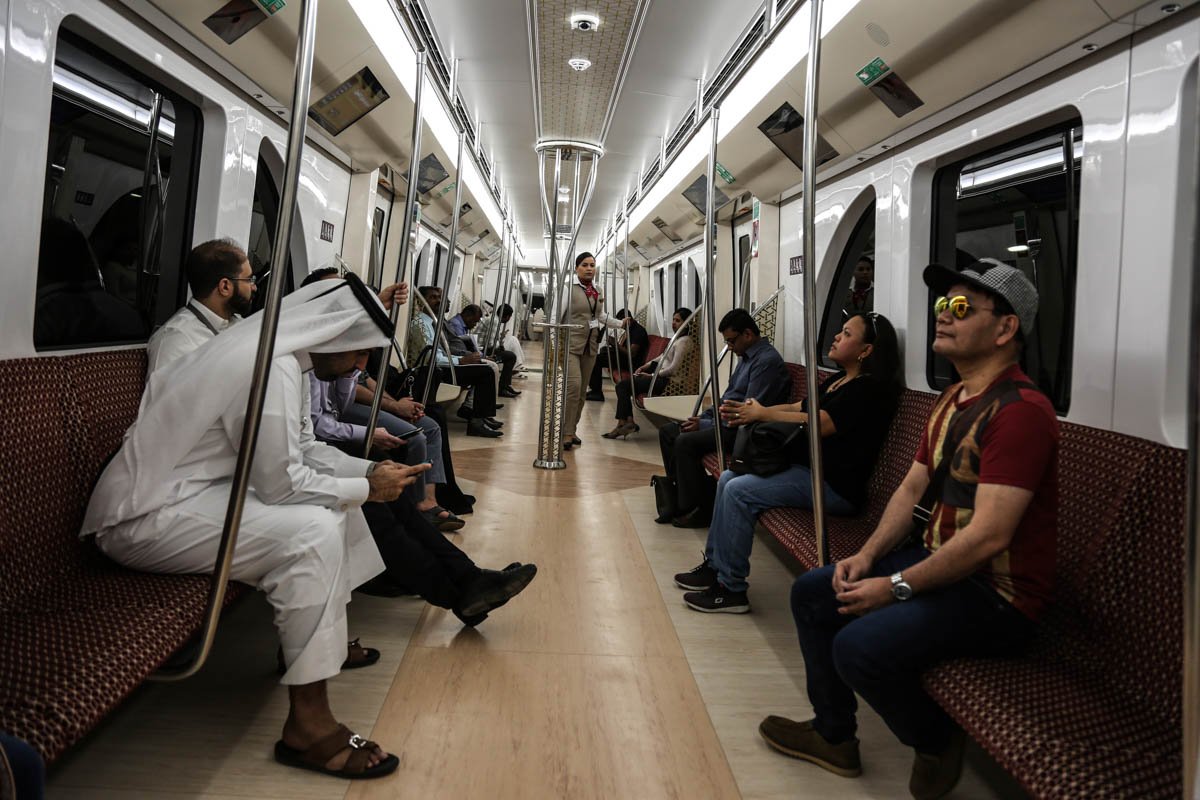
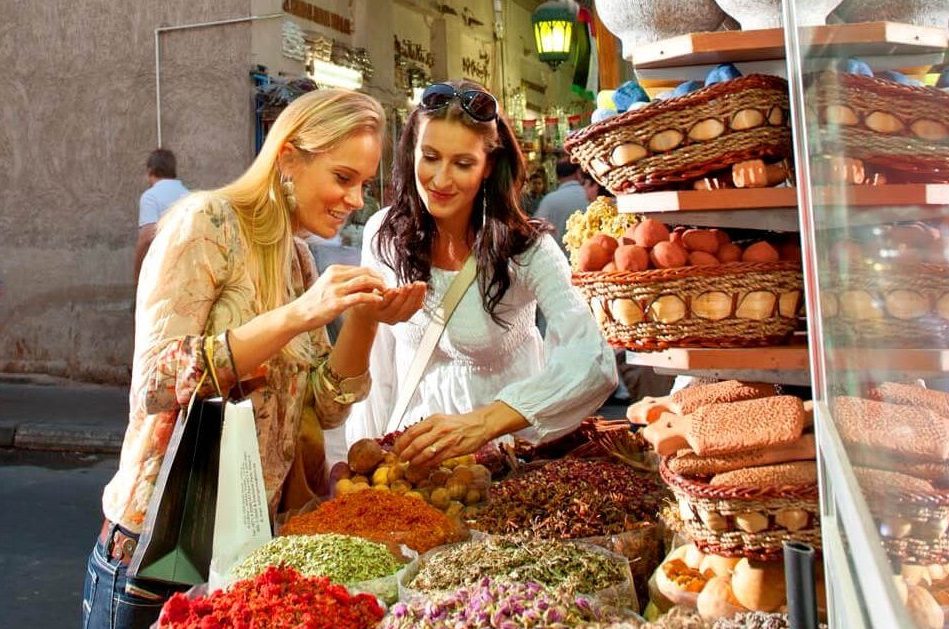
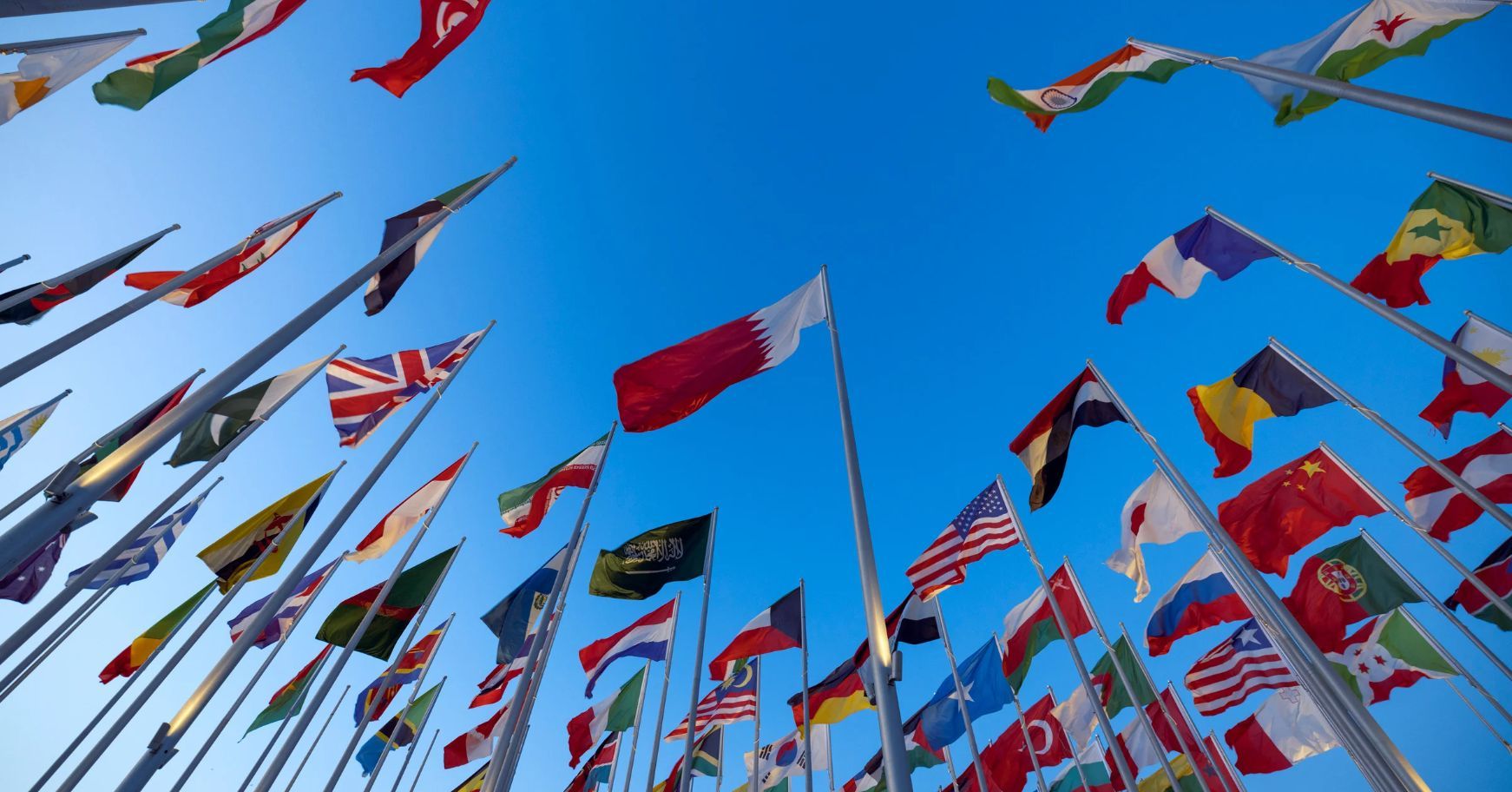
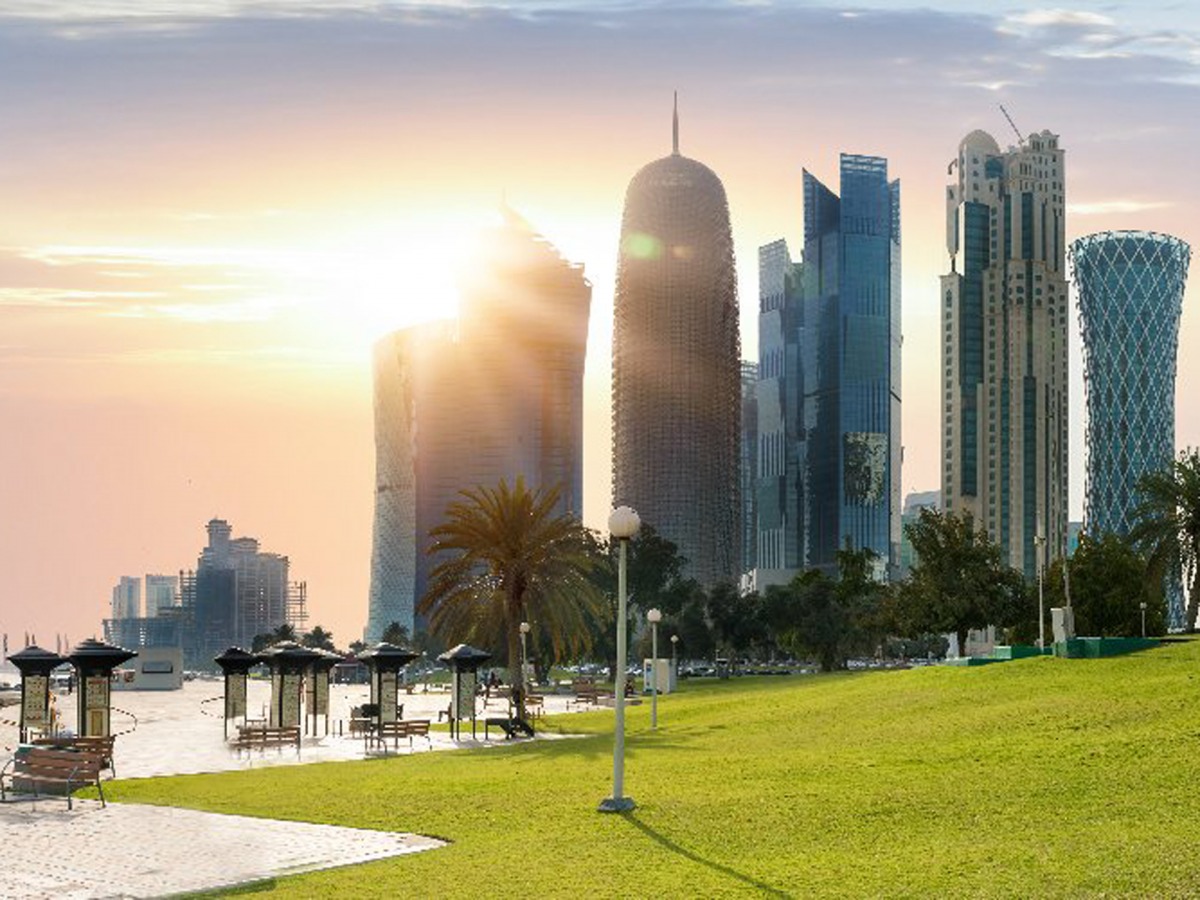
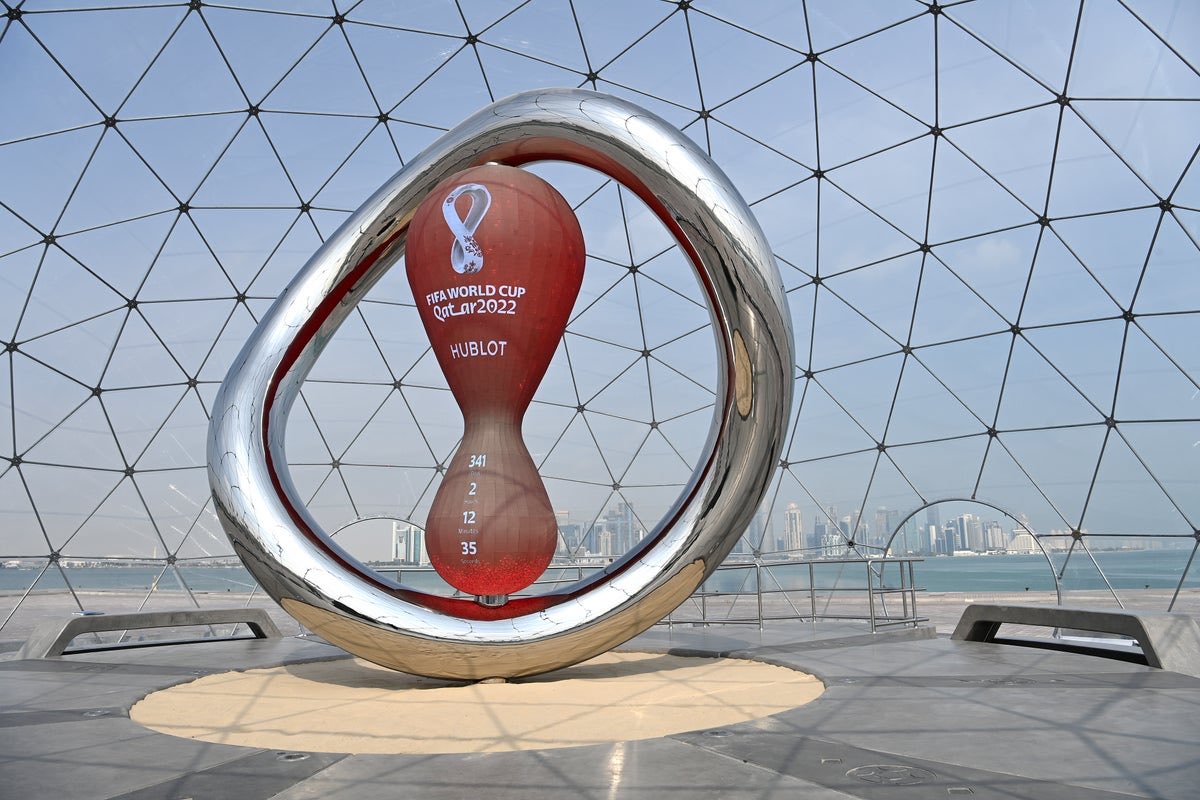
.jpg)
.jpg)
.jpg)


.jpg)






.jpg)

.jpg)


.jpg)





.jpg)

.jpg)





.jpg)


.jpg)